
Note: This post was updated on October 28, 2024.
I sometimes joke that my animal avatar is a Whale Shark, because it’s my job to trawl the ocean of news every day, filtering masses of content in search of nutritious bits to share with the field through the Dispatches from the Future of Museums e-newsletter, and to fuel commentary on this blog or in various reports.
Now the media ocean is awash with the digital equivalents of microplastics and toxic waste, and this benevolent shark is beginning to feel that my job is making me sick. That’s what happens when you consume a steady diet of news about global pandemic, systemic racism, climate change, and mass extinction, with digressions for murder hornets, deadly brain viruses, plagues of locusts, fire, flood, war, and existential threats to democracy.
Perhaps you are suffering from news poisoning as well—the symptoms include malaise, despair, and the desire to sign off social media and never open a browser window again. In face of this toxic tide, what’s a responsible human being to do? It would be tempting to retreat into an echo chamber of news and social media that confirms what we already believe to be true and provides the affirmation of like-minded peers. But the very things that make the news so stressful right now only increase our obligation to educate ourselves about what is happening in the world. We need accurate, timely information to help us decide how we will vote, donate our time and money, and expend our emotional energy; to guide the decisions we make for ourselves, our families, and our museums; and to help us to grow by learning new things, exploring other points of view, and practicing empathy and compassion. Which creates a dilemma: how can we be well-read while safeguarding our well-being? In today’s post, I share some thoughts on how to strike a fragile balance between news poisoning and the long-term harm that comes from walling out the world.
Select your sources: Populate your news feed with sources of information that, in your experience, are credible and well-researched while excluding sources that you have found to be unreliable or that tend towards hysteria. To avoid creating your own comfortable echo chamber, make sure to include people or publications who may challenge your positions and beliefs with their responsible research and thoughtful arguments. But don’t hesitate to draw boundaries—there is no reason to subject yourself to invective, snark, hyperbole or just plain meanness (especially on social media). Many people are taking a measured approach to sharing diverse points of view. Find and treasure these voices of reason.
Limit your exposure: Create a list of things that are important to know—even if they are stressful—and create a schedule for checking the status of these facts. For example, As the election approaches, I look at RealClearPolitics for the latest polling data and selected commentary—then shut the browser tab. Determine what you need to know about a given issue, and once you have your daily update—stop. Don’t keep picking at painful topics with endless commentaries and new versions of the same story unless they improve your understanding.
Be mindful of your motives: Think about why you are reading an article. If you already know you agree with the author, are they providing a new perspective or new information? Do you want to learn from them how to write about difficult issues in general, or this issue in particular? If you’re just reading to feel good about belonging to a group of like-minded individuals, maybe give it a pass. If you already know you disagree with the author—are you just looking for a chance to yell at them (in your head or out loud) and glory in their wrongness? Again—take a pass. (Or make a conscious effort to read with an open mind.) If you’re not sure what you think about an article, if you find, a few paragraphs in, that it will take some time and possibly more reading to work through the author’s arguments—that’s gold. This kind of reading will help you flex your mental muscles, expand your perspectives, and ensure you don’t become complacent in your world view.
Find a reading buddy: someone with whom you can discuss difficult topics and challenging news. Ideally, someone who doesn’t agree 100 percent with your opinions (see echo chamber, above), but who you respect and trust to a degree that you will listen even when they poke at your deeply held beliefs. Or they often arrive at the same conclusions as you, but for entirely different reasons. Someone who is willing to say “I’m not sure what I think about this story—let’s talk it out.” Once you have your budd(ies), share links and make time via email, IM, Zoom or old-fashion phone calls to talk through what you have read. Trade impressions, questions, and concerns. Think about what other information would advance the discussion. The point isn’t to come to convince one another or come to agreement, but to deepen your understanding of the article and your thinking on the issue at hand.
Give yourself permission to goof off a bit: My rules for reading used to include an iron-clad provision against clicking on random funny stories. When tempted by a cute animal picture or weird headline, I would ask myself “is this useful or pertinent to my work?” And if the answer was no, firmly move along. (Thank heaven for the Walker Art Center’s CatVidFest, which gave me a valid excuse to watch the occasional cat video.) Now I think we all need a bit of additional relief to counteract the constant stress that comes with living in 2020. So hey—watch the occasional cat video (whether or not it has anything to do with a museum). Or bookmark some zoo cams (Elephants! Otters! Penguins!). Or spend a few minutes every day staring at a beautiful work of art. Grappling with the world requires a stable mental base, and our psyches may need some silliness right now.
Here is my counter intuitive conclusion: right now, reading less can actually help you be better informed in our tumultuous time. Be choosy about what your read, and save your strength and resilience for focused, thoughtful engagement with difficult but essential material that challenges your preconceptions, expands your thinking, and helps you identify what you can do to take care of yourself and the world.
These thoughts on “healthy reading” are very much a work in progress. I hope you will use the comments section below or tag or tag @eemerritt on glammr.us to share your strategies for staying informed while staying sane.
Skip over related stories to continue reading article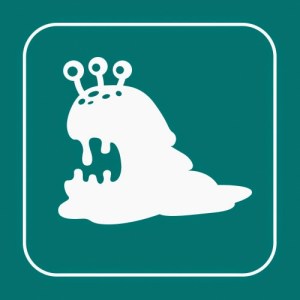

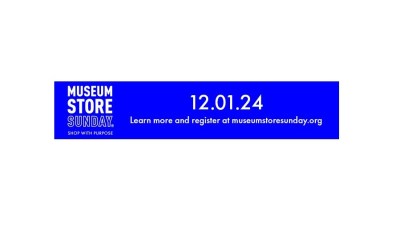
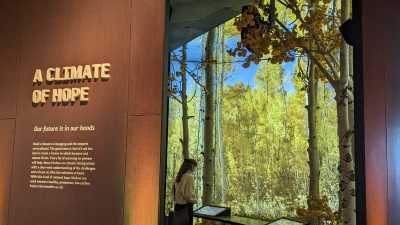
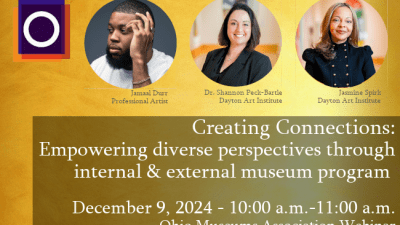
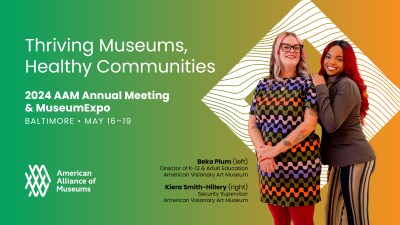


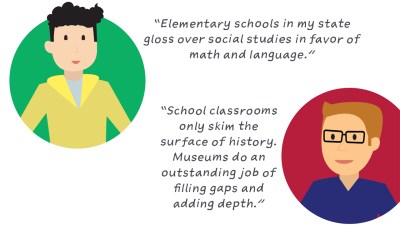
Comments